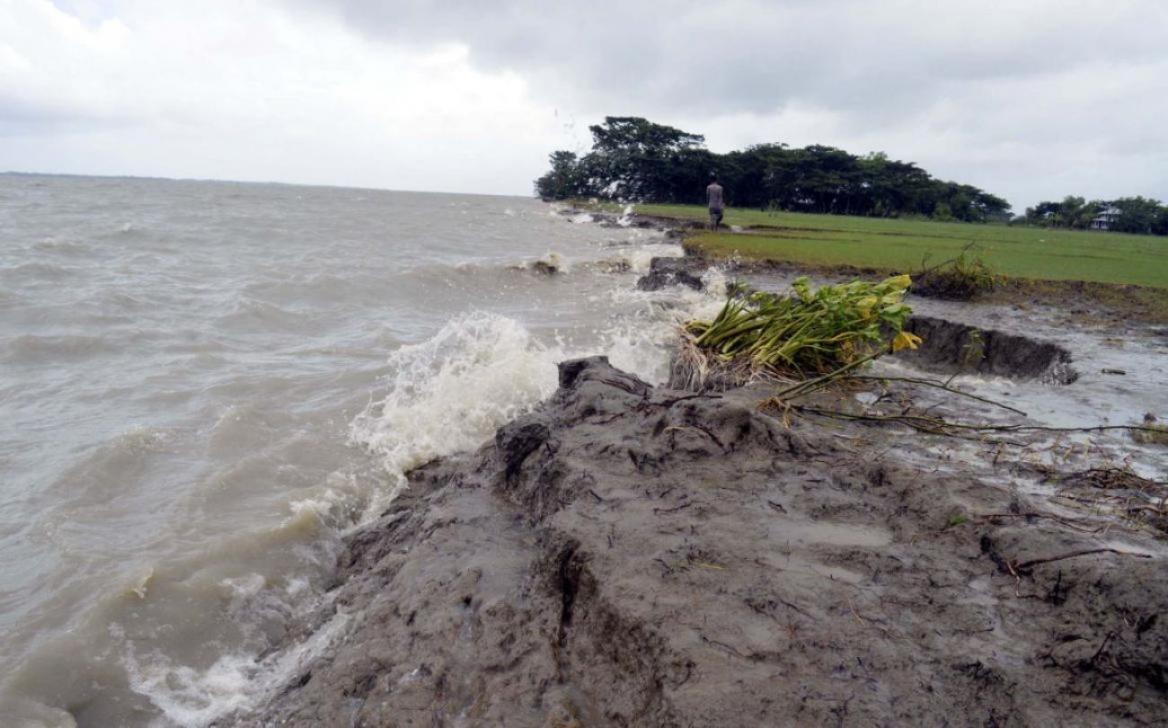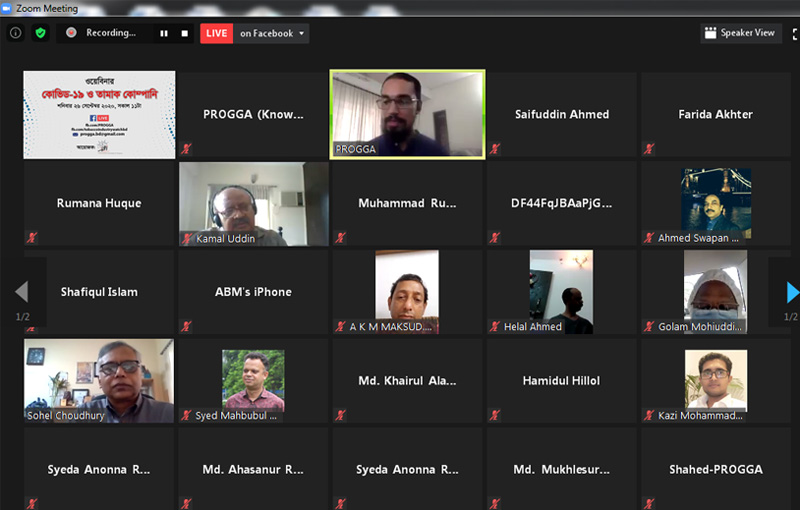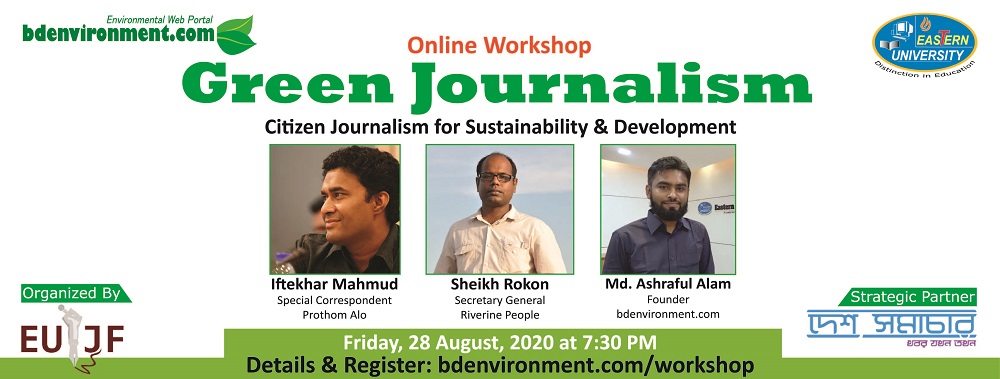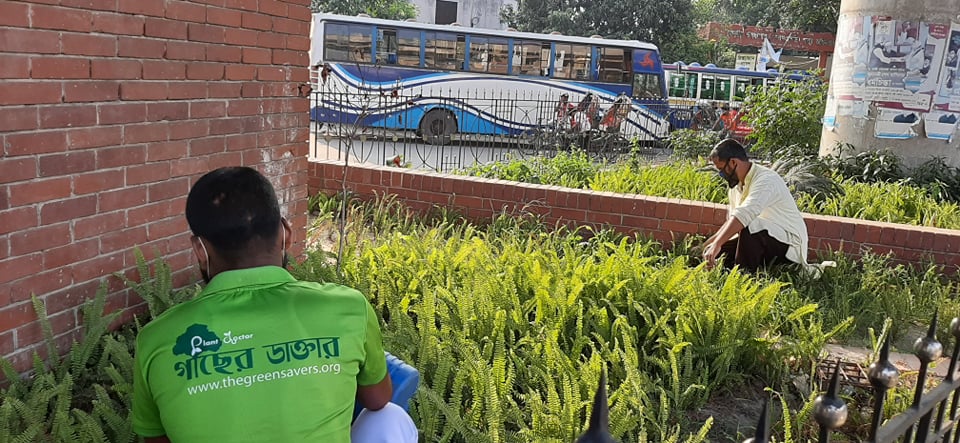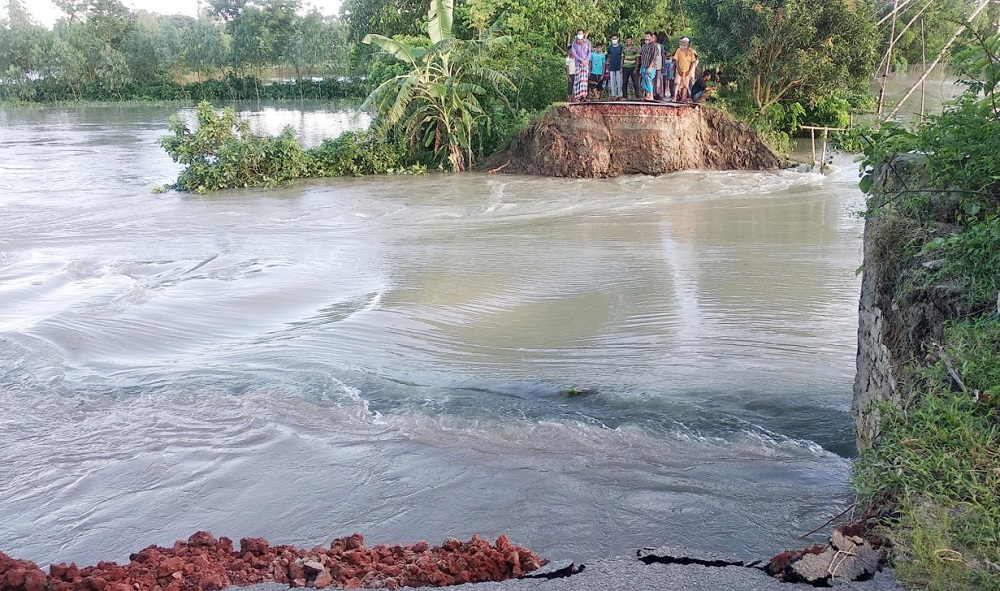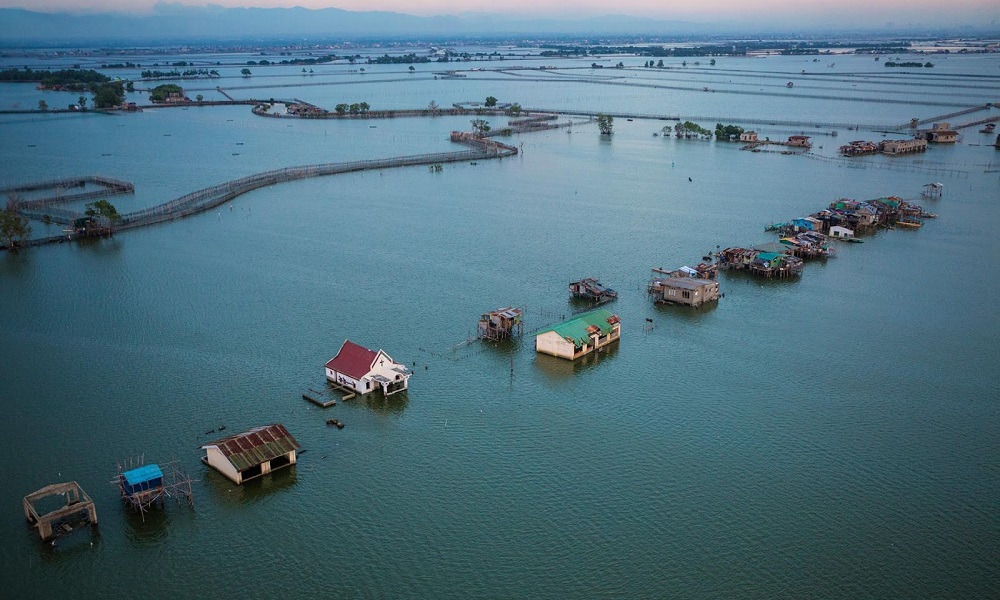Tahjeeb Hossain Chowdhury: Bangladesh is an agricultural paradise with fertile lands that cultivates gold it seems. We have been able to become self-dependent on paddy cultivation. Apart from that we also have stellar agricultural produce for vegetables, grains, commercial crops, and more. So, it has been a disappointing notion that we do not have as many agricultural technologies that help with production. The Newest breakthrough is the app that lets users know how much paddy has been cut. It’s about time that mobile apps for agricultural logistics came forward and it seems we are getting quite a good app that will benefit the farmers a lot.
The Combine harvester has been one of the newest additions to efficient agriculture in terms of the Bangladesh landscape. ACI Motors brought this technology from the Japanese Yanmar. The remote-controlled machine can be managed from a distance. The Accompanying smartphone app is the crux of our story here. The app is linked to a respective machine. It tracks the overall activities of the paddy cultivation. This is a huge boost in terms of Agricultural Management. We are at the cusp of breaking into an era of production that needs the involvement of Artificial intelligence and smart technologies more than ever.
Bangladesh Agricultural University has reported that the per capita income of farmers and Agricultural professionals is on the rise. Methods of Production and labor management has changed as well. There may be a deficit or difficulty in acquiring labor services in the coming days. In that front technology bundles like the Yanmar, Smart assist and Combine harvester will become crucial cogs in the wheel. There is a need for new technology and a new workforce that can use and manage this new technology properly. This was the overall message shared by the former vice-chancellor of Bangladesh Agriculture University Mr. Sattar Mondol.
With Irrigation, Cultivation, and Insecticide work being 95% mechanized, it is only a matter of time we cover all bases. The Smart Assist app can monitor the harvesters’ performance, check if it needs repairs, and counts the paddy amount as its being operated. With remote management available, modern farmers can rest easy with this new addition into AGRO-TECH.
(The writer is a marketing graduate, content writer, and data science enthusiast from Dhaka, reach him at [email protected])



